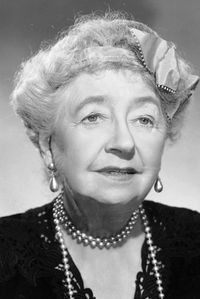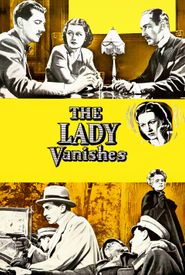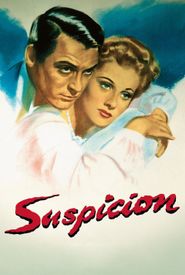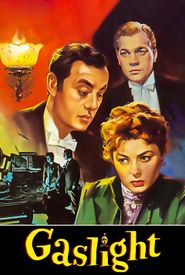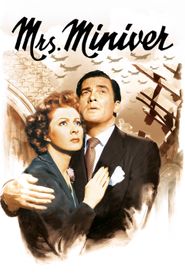Mary Whitty, born on June 19, 1865, to a Liverpool newspaper editor and his wife, would later be known as May Whitty to the world. Her journey on the London stage began in 1882, initially as an understudy at the St. James Theatre, before joining a traveling stock company and eventually taking on leading roles.
After nearly 25 years as one of Britain's leading stage actresses, Whitty made her film debut in 1914's Enoch Arden in Great Britain. Although she didn't enjoy the experience, she appeared in only a few silent films afterwards.
In recognition of her service to the arts and her performances for the troops during World War I, Whitty was named a Dame Commander of the Order of the British Empire by King George V in 1918.
Whitty's success on the stage continued, and she eventually transitioned to Hollywood in the 1930s, following the path of many of her British contemporaries. She often played highborn roles, sometimes crotchety, sometimes imperious, but often warmhearted. Classic examples of these roles include Mrs. Bramson in Night Must Fall (1937),Miss Froy in The Lady Vanishes (1938),and Lady Beldon in Mrs. Miniver (1942),for which she received an Oscar nomination for best supporting actress.
Whitty proved herself equally capable of playing working-class roles, such as the dowdy phony psychic in The Thirteenth Chair (1937). Her performances earned her two Oscar nominations and the National Board of Review best acting award for Night Must Fall (1937).
In her personal life, Whitty married London producer Ben Webster in 1892, and they had a daughter, Margaret Webster, who would go on to become a playwright and actress in her own right. Margaret would later pen her mother's biography, The Same Only Different, published in 1969.
Whitty passed away at the age of 82 due to cancer in Beverly Hills shortly after completing her scenes in the film The Sign of the Ram (1948). In her own words, "I've got everything Betty Grable has... only I've had it longer."
